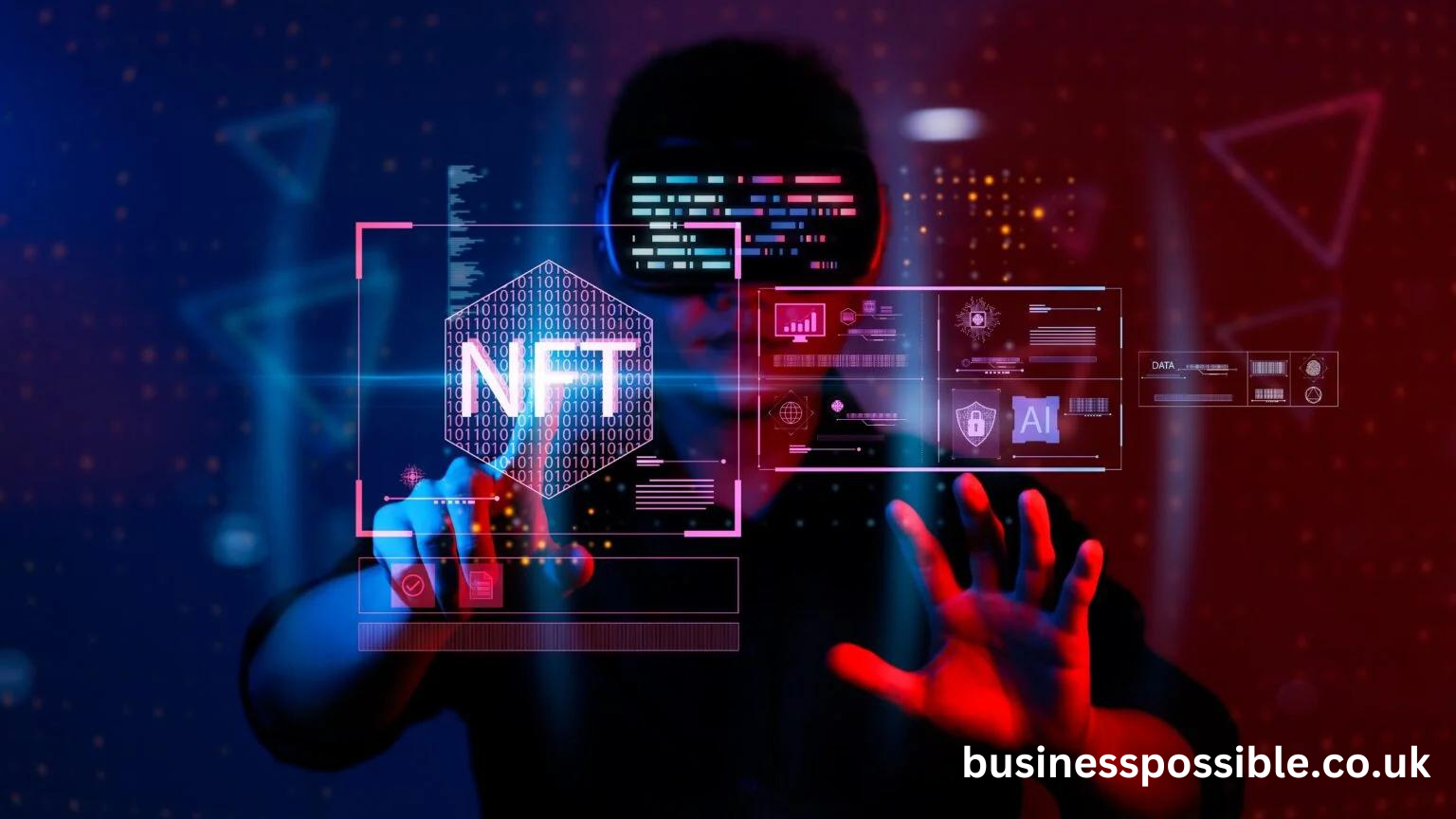Introduction
Non-fungible tokens (NFTs) have taken the digital world by storm, revolutionizing the way we think about ownership and value in the digital realm. Among the various innovations in the NFT space, one concept stands out for its potential to transform the market: NFT randomization. This article delves into the world of NFT randomization, exploring its benefits, applications, and future trends.
Understanding NFTs
What are NFTs?
NFTs, or non-fungible tokens, are unique digital assets verified using blockchain technology. Unlike cryptocurrencies like Bitcoin or Ethereum, which are interchangeable, NFTs represent ownership of a specific item, be it digital art, music, or virtual real estate.
The Rise of NFTs
The popularity of NFTs has skyrocketed in recent years, with high-profile sales and widespread media coverage. NFTs offer artists, musicians, and creators a new way to monetize their work and engage with fans. They also provide collectors with a way to own unique digital items that can appreciate in value over time.
The Concept of NFT Randomization
Definition and Scope
NFT randomization refers to the process of creating NFTs with randomly generated traits or characteristics. This can include everything from the appearance of digital art pieces to the attributes of virtual characters in a game. The randomness introduces an element of surprise and uniqueness, making each NFT truly one-of-a-kind.
How NFT Randomization Works
The process of NFT randomization typically involves algorithms that generate different traits or features for each token. These traits can be visual (such as colors, shapes, or patterns), functional (such as abilities or attributes in a game), or even narrative (such as background stories or origins). The combination of these random traits results in NFTs that are unique and unpredictable.
Benefits of NFT Randomization
Increased Rarity and Value
One of the primary benefits of NFT randomization is the increased rarity and value of the tokens. Because each NFT is unique, collectors may be willing to pay a premium for particularly rare or desirable combinations of traits. This can drive up the overall value of the NFT market.
Enhanced User Engagement
NFT randomization also enhances user engagement by introducing an element of surprise and excitement. Users who mint or purchase randomized NFTs are often eager to discover what unique traits their tokens possess. This can create a more dynamic and engaging experience for collectors and investors.
Creativity and Innovation
By allowing for an infinite variety of trait combinations, NFT randomization fosters creativity and innovation. Artists and creators can experiment with different styles and concepts, pushing the boundaries of digital art and collectibles.
Applications of NFT Randomization
Gaming
In the gaming industry, NFT randomization has the potential to revolutionize how in-game items and characters are created and traded. Players can obtain unique, randomized items that enhance their gameplay experience and have real-world value.
Art and Collectibles
NFT randomization is also making waves in the art and collectibles space. Artists can create series of works with randomized elements, ensuring that each piece is unique. Collectors can enjoy the thrill of discovering one-of-a-kind artworks.
Virtual Real Estate
In virtual worlds and metaverses, NFT randomization can be used to create unique virtual properties. Each piece of virtual real estate can have distinct characteristics, making it more valuable and desirable to users.
Challenges and Considerations
Market Volatility
The NFT market is known for its volatility, and NFT randomization is no exception. The value of randomized NFTs can fluctuate widely based on demand and market trends, posing a risk for investors.
Regulatory Issues
As with all aspects of the blockchain and cryptocurrency space, regulatory issues can pose challenges for NFT randomization. Ensuring compliance with local and international laws is crucial for the long-term sustainability of the market.
Security Concerns
Security is another critical consideration. Protecting the integrity of the randomization process and the NFTs themselves from fraud or hacking is essential to maintain trust in the market.
Future Trends in NFT Randomization
Integration with Metaverse
As the concept of the metaverse gains traction, NFT randomization is likely to play a significant role. Unique, randomized digital assets will become integral parts of virtual worlds, enhancing the user experience and driving economic activity within these environments.
Advanced Algorithms
Advancements in algorithms and artificial intelligence will enable even more sophisticated and nuanced NFT randomization. This will lead to the creation of highly detailed and intricate digital assets that push the boundaries of what is possible.
Broader Adoption
With growing interest and investment in NFTs, the adoption of NFT randomization is expected to increase. More industries and sectors will explore the potential of this technology, leading to new and innovative applications.
Conclusion
NFT randomization represents an exciting frontier in the world of digital assets. By introducing elements of surprise and uniqueness, it enhances the value and engagement of NFTs. As the technology continues to evolve, we can expect to see even more creative and innovative uses of NFT randomization in various fields. Staying informed and involved in this dynamic market will be key to harnessing its full potential.
FAQs
What is NFT randomization?
NFT randomization refers to the process of creating NFTs with randomly generated traits or characteristics, resulting in unique and unpredictable digital assets.
How does NFT randomization increase the value of NFTs?
The uniqueness and rarity of randomized NFTs can drive up their value, as collectors are often willing to pay a premium for particularly rare or desirable trait combinations.
What are the main applications of NFT randomization?
NFT randomization is used in various fields, including gaming, art and collectibles, and virtual real estate, to create unique and engaging digital assets.
Are there any risks associated with NFT randomization?
Yes, risks include market volatility, regulatory issues, and security concerns, all of which can impact the value and integrity of randomized NFTs.
How can I get involved with NFT randomization?
You can get involved by investing in NFT projects that utilize randomization, participating in the creation and minting of randomized NFTs, or exploring career opportunities in the NFT and blockchain space.
